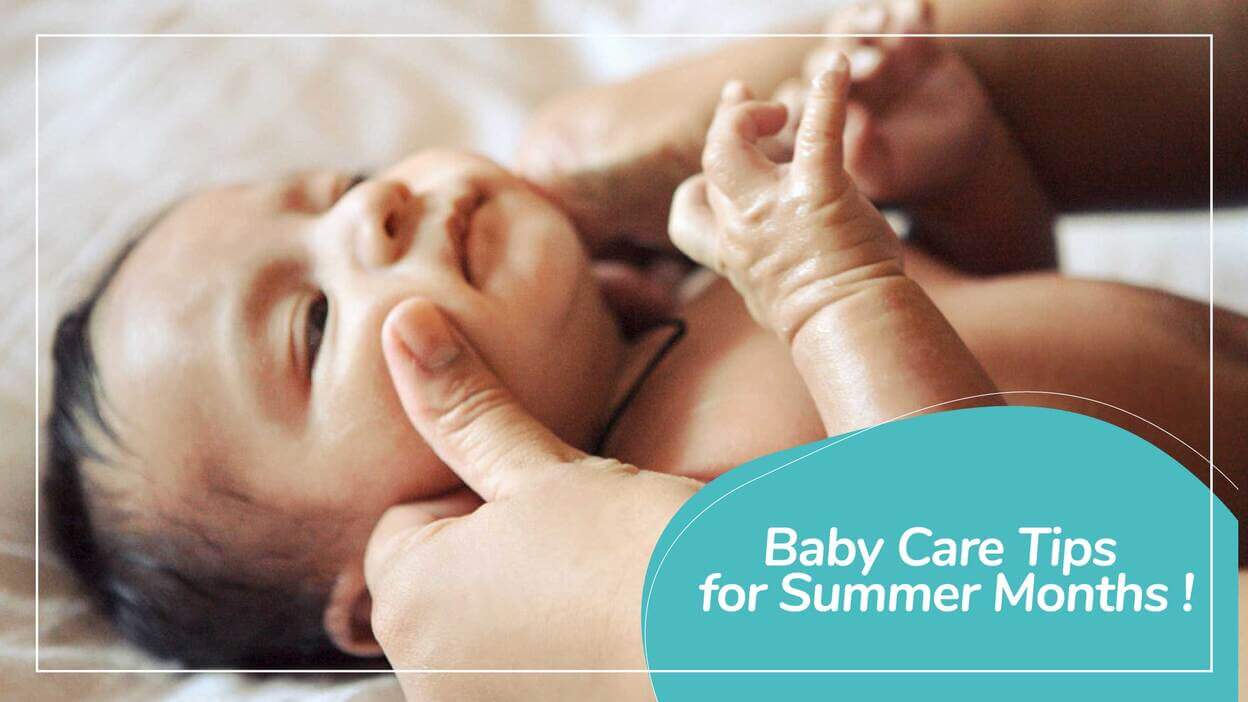If you're a new parent, you may have heard about the Moro reflex. This natural reflex, also known as the startle reflex, is present in most newborns and is a sign that their nervous system is functioning properly. However, it can also be disruptive to a premature baby's sleep and cause concern for parents who are unfamiliar with it.
In this blog post, we'll take a closer look at the Moro reflex and its impact on newborns, including premature babies, as well as provide tips for minimizing its effects on a baby's sleep.
What is the Moro Reflex?
The Moro reflex is a natural and normal reflex that is present in most newborns, including premature babies. It is triggered by a sudden change in stimuli, such as temperature, sound, or movement. When a baby experiences a sudden jolt, they will typically throw their arms and legs out and then pull them back in towards their body.
The reflex is thought to have a protective function, helping newborns to startle and wake up in response to potential dangers. However, it can also be disruptive to a baby's sleep, especially for premature babies who need as much sleep as possible for their development.
When Does the Moro Reflex Disappear?
The reflex tends to lessen as babies get older, typically disappearing around 4-6 months of age. As babies, including premature babies, develop better control over their movements, they are less likely to startle in response to sudden changes in stimuli.
Tips for Minimizing the Moro Reflex
While the Moro reflex is a normal part of development, it can be disruptive to a baby's sleep, especially for premature babies. Here are some tips for minimizing its effects:
- Hold your baby close. Being held close to a caregiver can provide comfort and security to a baby, reducing the likelihood of the Moro reflex.
- Keep your baby in a temperature-controlled environment. This can be triggered by sudden changes in temperature, so it's important to keep your baby in a room that is neither too hot nor too cold. Dress your baby appropriately for the temperature and avoid sudden changes in temperature.
- Swaddle your baby. Swaddling can help to minimize the issue by providing a sense of security and reducing their startle response.
- Use a pacifier. A pacifier can help to soothe a baby who startles easily, providing a comforting sucking sensation.
- Try gentle rocking or swaying. Gentle motion can help to soothe a fussy baby and reduce the likelihood of the Moro reflex.
- Consult with your pediatrician. If you are concerned about your baby's Moro reflex or sleep patterns, it's important to talk to your pediatrician.
Overall, the Moro reflex is a normal and natural part of a newborn's development, including premature babies. While it can be disruptive to a baby's sleep, there are steps parents can take to minimize its effects and help their baby sleep more soundly. By holding your baby close, keeping your baby in a temperature-controlled environment, swaddling, using a pacifier, and trying gentle motion, you can help to soothe a fussy baby and minimize the impact of the Moro reflex, especially for premature babies who need extra care and attention.




1 comment
Upasana
Thank you the tiny lane for giving this knowledge. I I always worried about when my baby reflux
Thank you the tiny lane for giving this knowledge. I I always worried about when my baby reflux